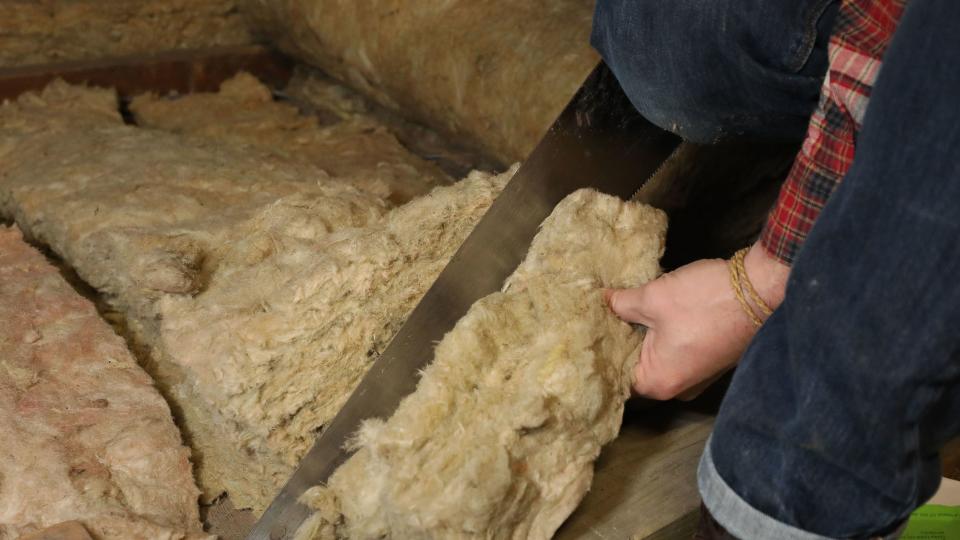Energy saving schemes falling short, councils warn

Slow progress in insulating homes is leaving fuel poverty targets in jeopardy, costing billions and contributing to climate change, councils have warned.
Councils are calling for a new local approach after the flagship energy efficiency scheme supported 60,000 homes in 2022, down from almost half a million homes in 2013.
The Local Government Association (LGA), which represents more than 300 councils in England and Wales, said the failure to match installation levels of 2013 in the following years had cost households £2 billion in lost lifetime bill savings.
The LGA’s analysis also found that, on current trends, 2.4 million fuel-poor homes would be left without help from the scheme by 2030, the target date for ending fuel poverty.
It would also take 50 years to deliver loft insulations to all fuel-poor homes needing them, and almost 60 years to deliver wall insulation improvements, with the net zero target just 27 years away, it said.
The LGA said new boilers accounted for one in four measures – more than all loft and cavity wall insulation measures combined – which was not sustainable in the long term.
It has called for “accelerated action” to retrofit all social and fuel-poor homes, arguing that schemes should be devolved to councils to locally target projects to insulate homes and support businesses.
It has proposed focusing on tackling fuel poverty as the foundation for cutting emissions across all homes and buildings, as well as promoting health and tackling the cost of living.
LGA environment spokeswoman Linda Taylor said: “Retrofitting more homes is a practical, sustainable and economically responsible solution to raise housing standards and cut bills.
“National climate action is essential. But the complexity of supporting retrofitting in our 51 cities, 935 towns and 6,000 villages cannot be managed from a Whitehall desk, and the national schemes are struggling.
“It is now time to shift to a locally led approach, which would mean councils can target the homes that need the support most, while working with local businesses to build skills and growth.”
A Department for Energy Security and Net Zero spokesman said: “This is an utterly misleading comparison that ignores the many home insulation schemes delivering now that were not in place in 2013, such as the Home Upgrade Grant and the Social Housing Decarbonisation Fund.
“The proportion of homes in England with an Energy Performance Certificate rating of C or above has increased from 14% in 2010 to 47% in 2022.
“Our Great British Insulation Scheme is set to upgrade around 300,000 of the country’s least energy efficient homes, we’ve committed to invest £6.6 billion in energy efficiency upgrades this Parliament, and a further £6 billion to 2028.”
Mike Childs, head of science policy and research at Friends of the Earth, said: “Councils are best-placed to deliver local solutions to the climate and energy crises, such as street-by-street insulation programmes in neighbourhoods where the housing quality is poor and incomes are low.
“This will not only reduce bills for people, but will also drive up housing standards and reduce cost pressures for the NHS as fewer people will live in draughty, damp homes that harm their health.
“Local authorities recognise that our towns and cities will only continue to suffer if the Government fails to invest in these vital measures, and that our climate goals will be unreachable.
“The levels of hardship felt by millions across the country cannot be sustained for much longer. The Government must not waste another summer which should be spent making homes warmer and more energy efficient before next winter arrives.”

 Yahoo Finance
Yahoo Finance 